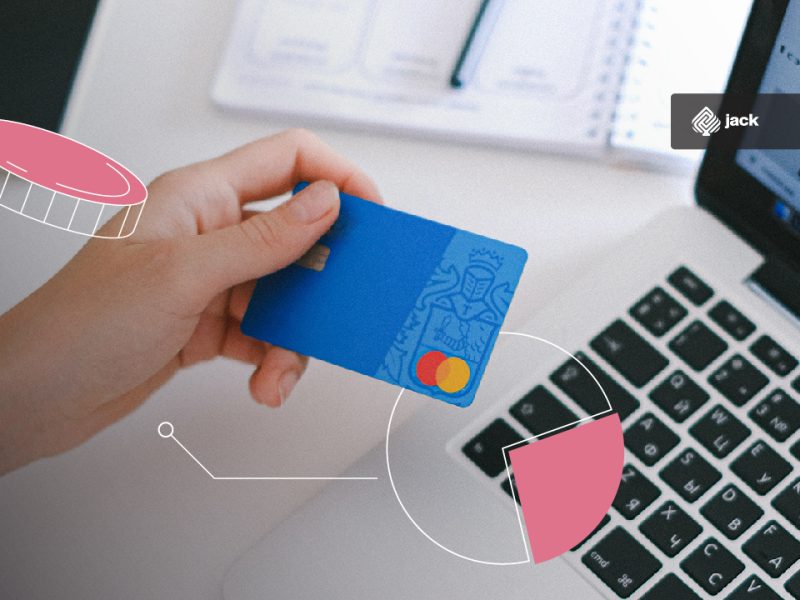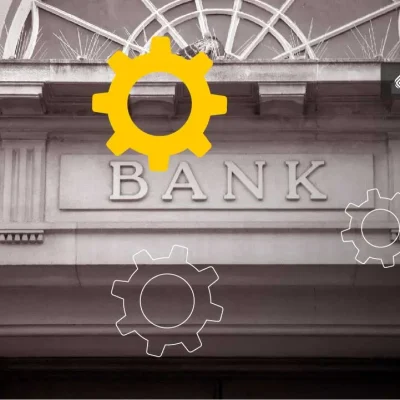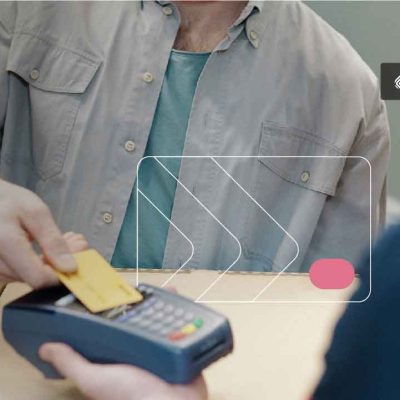These credit card receivables can be utilized to facilitate payment transactions for obligations arising from economic activities.
This includes expenditure transactions as well as cash withdrawals, where the payment obligations are fulfilled first by the cardholder’s issuer.
Spend with Flexibility, Anywhere with Jack
Furthermore, the cardholder also has the responsibility to make payment transactions within the agreed-upon timeframe, either through full settlement or installment payments.
Therefore, payment for this type of receivable can be adjusted according to the initial agreement, and if there is a delay in payment, additional interest charges will be imposed and must be paid.
Definition of Credit Card Receivables
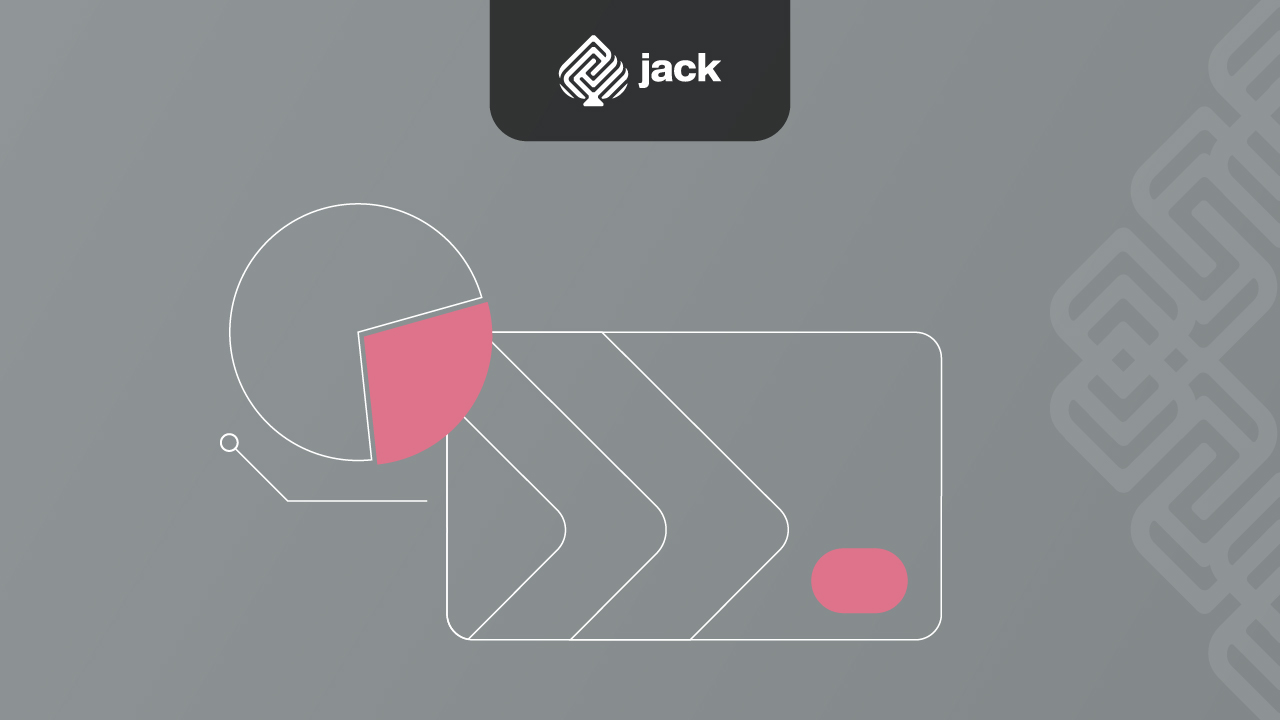
Credit card receivables refer to a payment method that provides convenience in conducting financial transactions.
In this regard, it is important to consider the standard risk costs that may arise from its use, as consumers tend to spend more when using credit cards compared to cash.
Hence, before applying for a credit card, it is crucial to consider your needs and how to manage the bill payments for credit card usage.
Make sure not to use the credit card to pay off other debts, as it may lead to higher interest rates and additional fees, potentially prolonging the repayment period.
Choosing a Credit Card Issuer
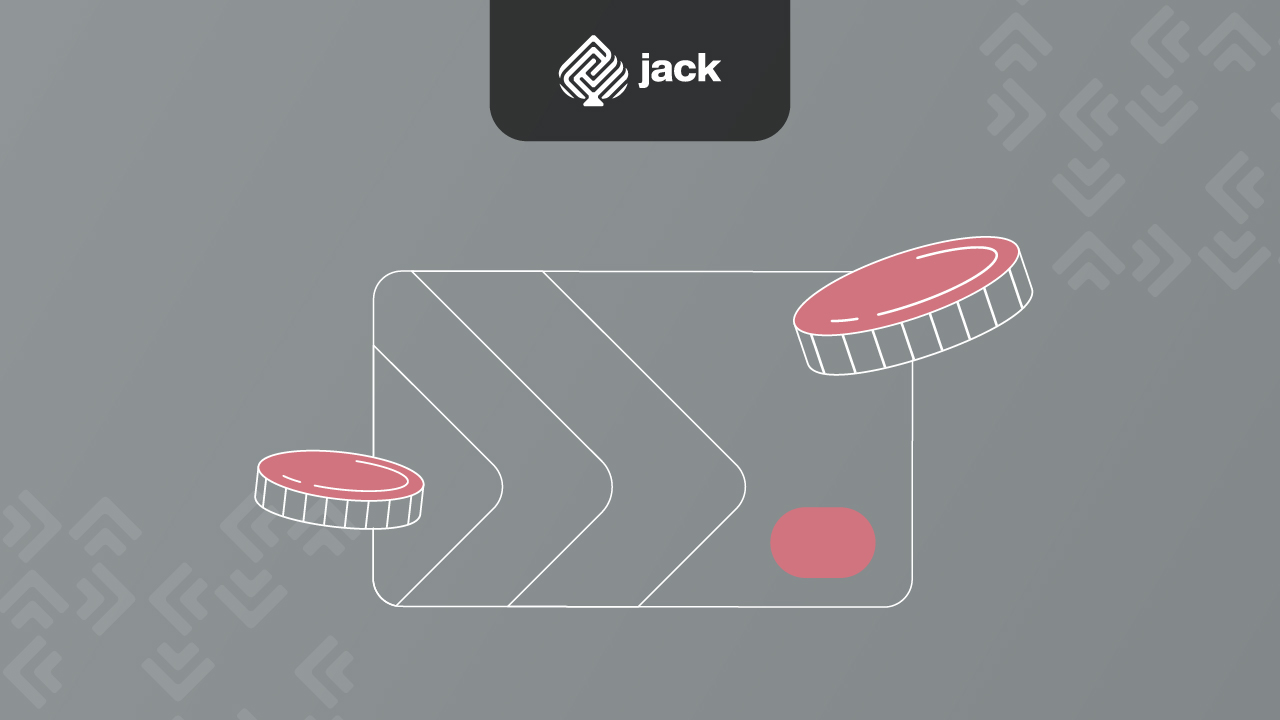
When using a credit card for receivables, it is important to align it with your specific needs. Nowadays, there are convenient options to compare offers from different credit card issuers.
Consider the following aspects when selecting a credit card issuer for receivables:
- Offered interest rates
- Associated fees and penalties
- Minimum monthly payment requirements
- Features provided by the credit card, such as security measures through SMS confirmation for transactions, convenient payment methods with various options, and other features that benefit consumers.
Credit Card Payment Methods
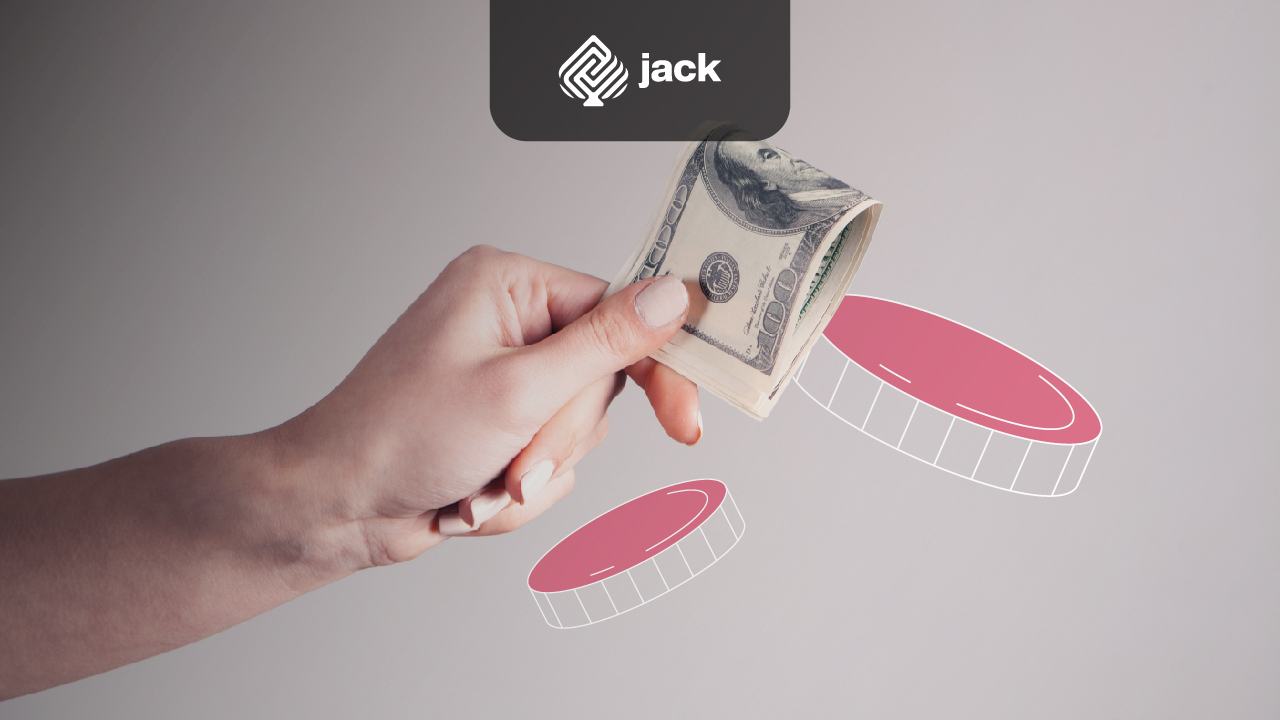
Here are some tips to consider when making payments for credit card receivables. It is important to pay your bills according to the required amount each month and ensure they are paid on time without exceeding the due date.
Prior to that, it is necessary to manage your expenses according to your financial capabilities so that you can handle credit card bill payments effectively.
Additionally, you should be mindful of your credit card limit and manage it appropriately. If you have multiple credit cards, one approach to consider is prioritizing payments on the card with the highest interest rate and settling the card with the smallest outstanding balance. This helps minimize fees and interest charges. In certain cases, it might be beneficial to use only one credit card if necessary.
Utilizing Credit Card Receivables
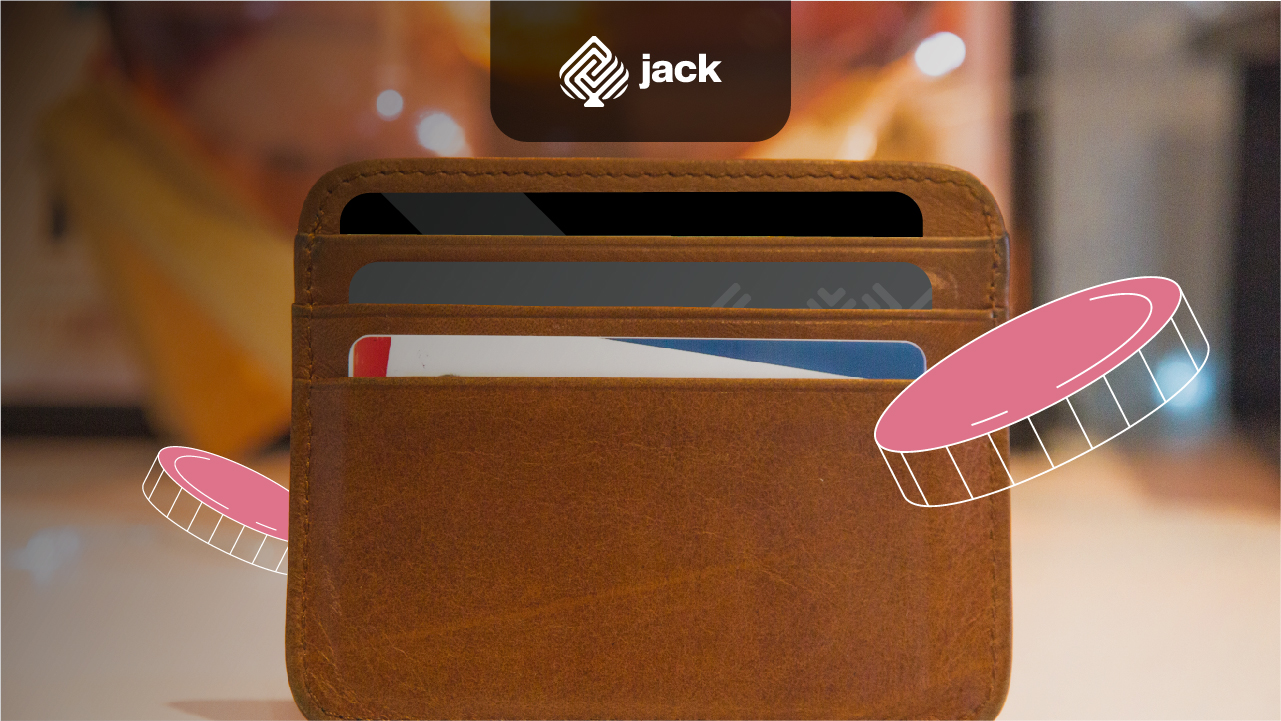
1. Monitoring Expenditures
While credit cards offer convenience in conducting transactions, it is essential to exercise caution when using them. Users can easily accumulate credit card debt that becomes challenging to repay, causing difficulties in the future.
Therefore, it is crucial to maintain control over your expenses and align them with your payment capabilities. Additionally, regularly check your credit card statements to review your monthly usage.
2. Paying Credit Card Bills on Time
When receiving your credit card bill, promptly check the due date and ensure timely payment. Avoid late fees and interest charges imposed on cardholders.
3. Maximizing Payments
Paying only the minimum amount due each month will result in higher interest charges and prolong the repayment period. It is advisable to plan credit card payments exceeding the minimum required amount, facilitating faster repayment of the credit card receivables.
4. Setting Credit Card Limits According to Capability
Request a credit card limit that aligns with your payment capabilities. Resist the temptation to utilize the full credit limit and use the card within your means, avoiding exceeding its limits.
Credit card limits are not meant to be spent recklessly; they should be used responsibly within one’s financial capabilities. If you wish to reduce your credit card limit, contact your credit card issuer.
Note that credit card issuers will not increase credit card limits without the cardholder’s consent.
5. Avoiding Reliance on Credit Cards for Basic Needs
Credit cards should not be relied upon for emergency or cash shortage situations over an extended period. While credit card receivables can provide temporary relief, failure to promptly address the outstanding balance can lead to further complications.
It is advisable to maintain savings to address emergency needs without depending solely on credit card usage.
Use Jack for Your Business Needs
Please refrain from conducting cash advance transactions, as they are prohibited by Bank Indonesia and have the potential to incur significant losses from credit card receivables.

